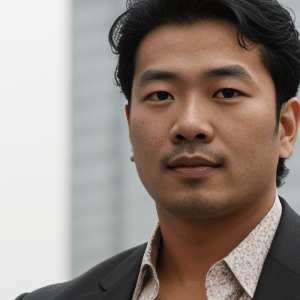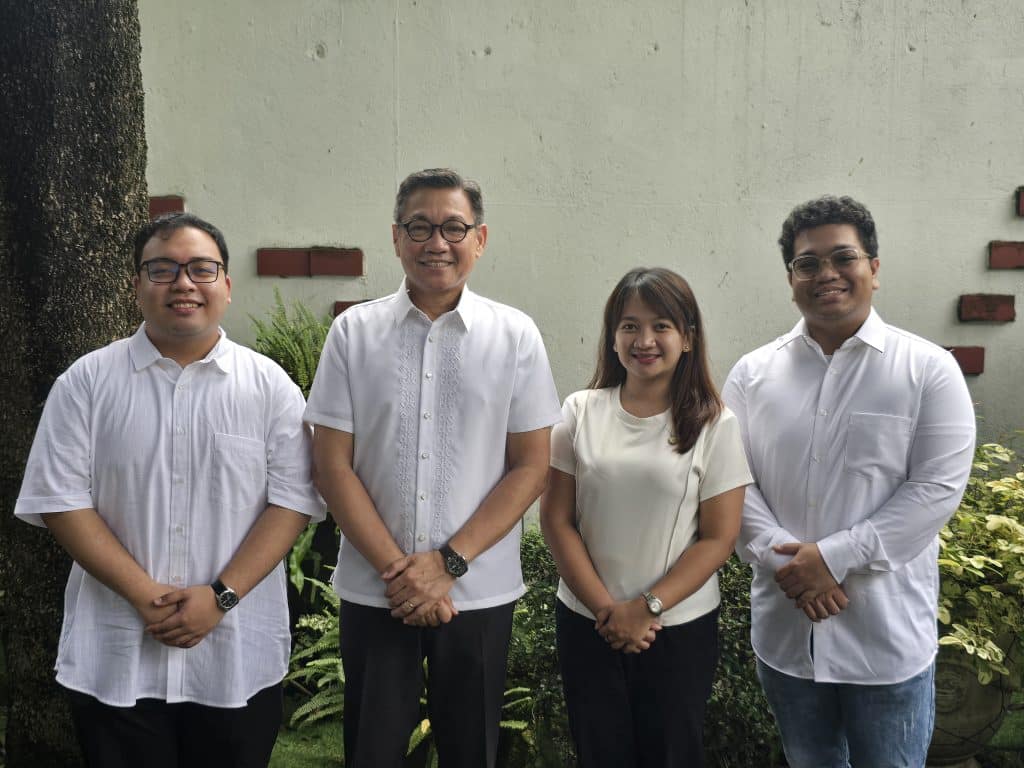In the bustling heart of Metro Manila, where the pace of change often feels as relentless as the city traffic, a fundamental truth about business emerges: survival and success are intrinsically linked to the ability to adapt. We often celebrate innovation and disruption, but the quiet, persistent strength of adaptability is the bedrock upon which lasting enterprises are built.
Consider this quote from Charles Darwin, a figure not often associated with the boardroom but whose insights resonate deeply within it: “It is not the strongest of the species that survives, nor the most intelligent that survives. It is the one that is most adaptable to change.” This simple yet profound statement encapsulates a core principle of the business world. No matter how brilliant your initial idea or how robust your initial strategy, the winds of the market, technological advancements, and unforeseen global events will inevitably demand a shift.
I recall a small “sari-sari” store in our neighborhood. For years, it thrived on selling basic necessities. Then came the rise of larger supermarkets and convenience stores, seemingly poised to eclipse these smaller establishments. Yet, this particular store not only survived but flourished. The owner, a sharp and observant woman, didn’t try to compete head-on. Instead, she adapted. She started offering mobile phone load, recognizing the burgeoning mobile usage. She began stocking ready-to-eat snacks and cold drinks, catering to the busy students and office workers passing by. She even introduced a simple delivery service within the immediate vicinity. Her success wasn’t in resisting change but in embracing it, in identifying new needs and pivoting her small business to meet them.
This anecdote, seemingly humble, mirrors the challenges and triumphs of much larger organizations. Whether it’s a multinational corporation grappling with a sudden shift in consumer behavior or a local startup navigating a volatile market, the ability to be nimble and responsive is paramount. Adaptability isn’t just about reacting to crises; it’s about cultivating a mindset of continuous learning and evolution. It involves fostering a culture where employees are encouraged to identify emerging trends, experiment with new approaches, and not fear the prospect of change.
In the context of the Philippines, a market known for its dynamism and resilience, adaptability takes on an even greater significance. Economic fluctuations, evolving consumer preferences influenced by global trends, and the ever-present need to innovate in a competitive landscape demand that businesses remain agile. This might mean embracing new digital technologies, exploring diverse revenue streams, or even fundamentally rethinking business models to align with changing societal needs.
The power of adaptability lies in its ability to transform potential threats into opportunities. A sudden market downturn can force a company to streamline operations and discover new efficiencies. A disruptive technology can pave the way for innovative product offerings and new customer segments. The key is not to be rigid in the face of change but to be like a bamboo in a storm – bending with the wind, yet remaining rooted and ultimately resilient.
As businesses in Metro Manila and across the Philippines navigate an increasingly complex global environment, the ability to adapt will be the ultimate differentiator. It is not enough to simply have a good plan; businesses must be prepared to revise that plan, to embrace uncertainty, and to continuously evolve.The power of adaptability is not just about surviving; it’s about thriving in a world of constant change. It’s about recognizing that the only constant in business is the need to bend, to learn, and to grow.
Sources:
Adapting to Change: How Businesses Can Thrive in a Dynamic Market
Related:
Artificial Intelligence and Jobs

Eric is an experienced Enterprise Data Architect at MIW. He plays a key role in the R&D team, managing data and translating business needs into technical solutions. His work ensures the smooth flow of data across the company. In addition to his professional skills, Mr. Ochoa is a fan of Isaac Asimov and H.R. Lovecraft’s works. He enjoys playing Dungeons and Dragons in his free time.




